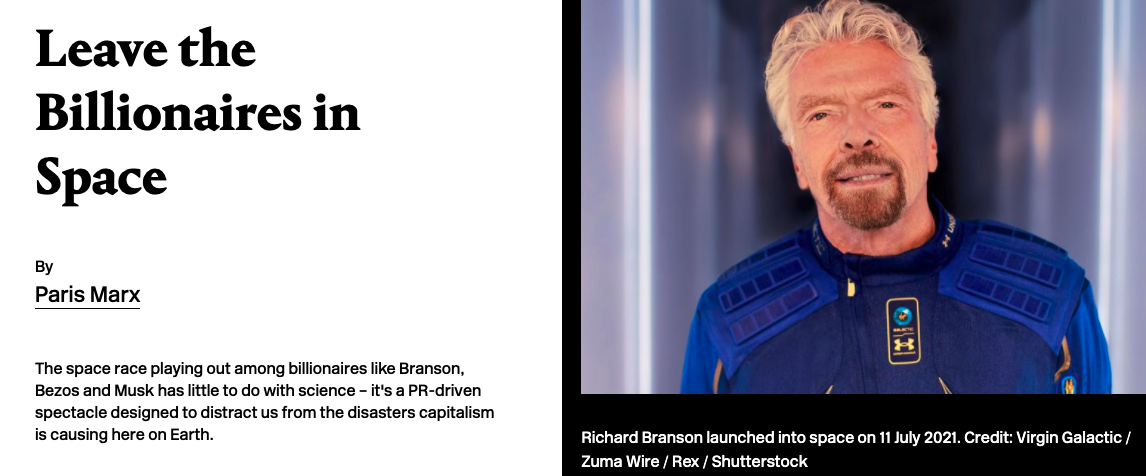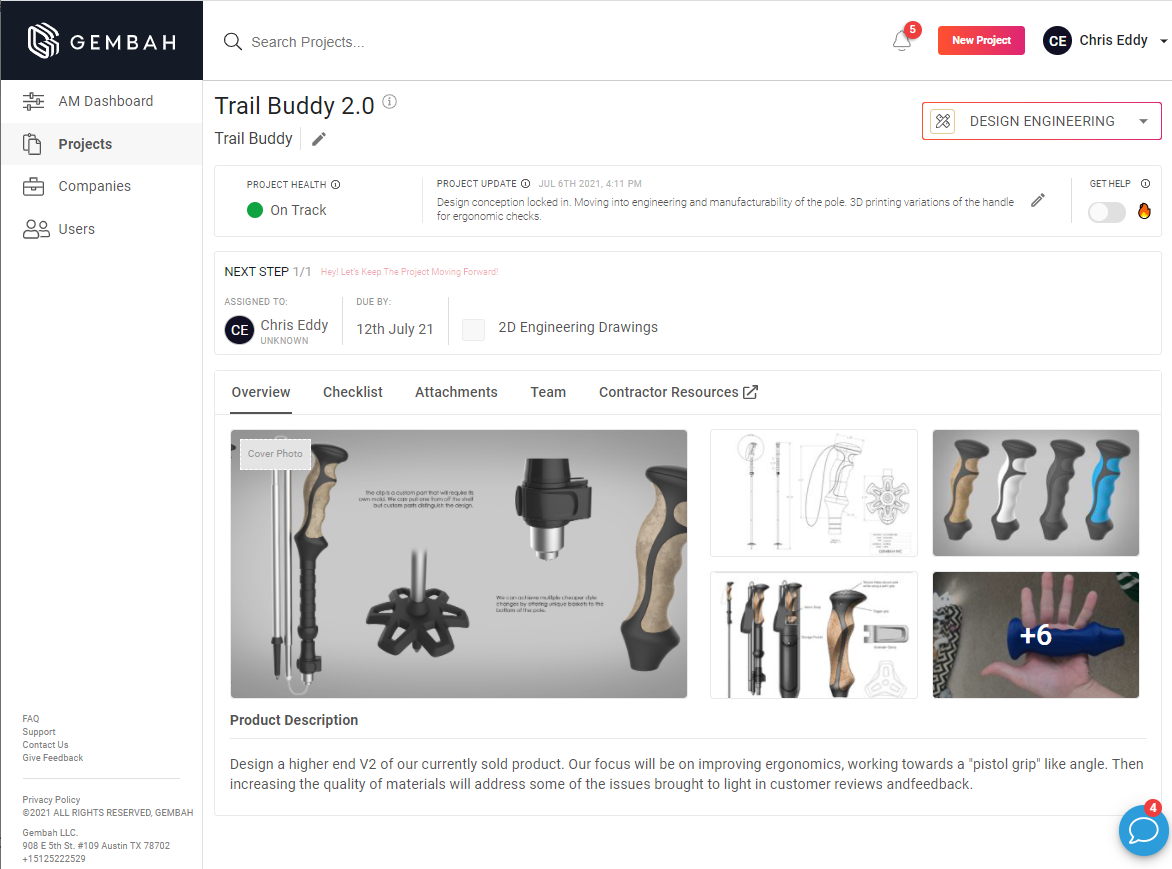Phil Schraeder
Contributor
Phil Schraeder is CEO of
GumGum, the global technology and media company specializing in contextual intelligence.
I was 4 years old when I started playing what I’ve come to think of as “the game.” It was dressing-up time at school, and, as I ran over to a costume box, my teacher grabbed me by the shoulders. Right up in my face, she admonished: “That’s the girls’ box — the boys’ stuff is over there.”
I was taken aback; I didn’t understand what I’d done wrong. But I remember thinking: “Oh! There are rules to how we live together in the world.” Right then and there, I started conforming to the parameter of the game that so many of us operate by: the game that gives us unwritten codes on what is acceptable and how to behave — at school, in work or in society at large.
This game meant I spent years dialing down my “gayness,” even after I came out in my 20s, and the impulse was particularly acute at the early stage of my career. With each new meeting or business deal, I was constantly preempting what parts of me were “OK”’ or what might put people off. Just how much gay was too much?
In some ways, then, the endemic “brogrammer” culture in tech — the industry I call home — is no great surprise to me. When everyone is busy filtering their core identity, sanding down the edges to fit the collective mold, it’s inevitable that minority voices will be pushed out. Follow this picture to its natural conclusion and Silicon Valley — the home of bold disruptors, the armada of innovation — is reduced to a narrow few.
With Pride Month drawn to a close, it’s my greatest hope that we can use its particular kind of open-minded energy to activate deeper change.
In many ways, Pride Month and the celebrations we’ve just seen are the antidote to this hegemony. Pride, with its rainbow symbolism, is a cornucopia of all that is free, true and uninhibited. With Pride Month drawn to a close, it’s my greatest hope that we can use its particular kind of open-minded energy to activate deeper change.
Show up for your team first
I truly love Pride and the meaningful action that goes with it, but it can’t be denied that some brands are venturing into the territory of window dressing. “Performative activism,” whereby companies mobilize the Pride flag for marketing purposes without necessarily making tangible changes in their own backyards, is on the rise. So too are the businesses that pay lip service to Pride from one side of their mouth while covertly supporting politicians behind anti-transgender legislation on the other.
If you are a leader who’s really committed to diversity in the workplace, it stands to reason that you look within to help your own team first. How can you create a culture where employees can be present in the fullness of themselves — regardless of gender, race, sexuality or even incidental things like taste in clothes or music?
According to a 2019 study by the Yale School of Public Health, an estimated 83% of those who identify as lesbian, gay or bisexual keep their sexuality hidden from all or most of the people in their lives.
This inhibition is magnified in the workplace, where it is woven into the fabric of myriad discriminatory behaviors that are particularly prominent in tech. Almost 40% of LGBTQ tech employees polled by anonymous workplace chat app Blind say they’ve witnessed homophobic discrimination and harassment at work.
Annual diversity reports show that Big Tech companies employ far fewer women and underrepresented minorities than other industries, too. This is a sector that routinely labels people from nonmajority culture groups as “diversity hires,” doling out discrimination in everything from pay to promotions — as reported by thousands of personal experiences shared under the hashtag #SiliconValleySoWhite. The same industry is also hardwired to marginalize women, says Emily Chang, the Bloomberg Technology anchor whose book, “Brotopia,” lifts the lid on Silicon Valley’s culture of machismo.
These aren’t easy issues to solve, but I believe authenticity has an important part in the solution. It’s about calling time on that game that I used to play. When I finally learned that I could show up as I pleased at work and not worry about how people judge me, the freedom was so sweet I could practically taste it. After years of faking it without fully realizing it — in a draining, relentless loop — I was able to be the person and CEO I wanted to be. The more familiar I became with California’s tech scene, and the farther up the ladder I progressed, the more confident I became to be me.
You shouldn’t have to wait until you run a company for the permission to express your full self, however. As the research shows, the price paid for not doing so reaches far beyond personal freedom alone. Though we’ve made steps with important conversations around diversity in recent years, the world we work in is still, overwhelmingly, one-dimensional. It’s full of people not able or willing to reveal the genuine, hi-def version of who they are.
The power of listening and shared vulnerability
If we, as tech leaders, are unable to roll our sleeves up and dig deep on the issue of authenticity, we have little hope of chipping away at the “brogrammer” attitude that seems all too pervasive in our industry.
Not only does this kind of climate engender unsaid fear, fatigue and anxiety, it also affects the bottom line. Research is clear on the fact that happy employees are more productive, while companies with more diverse management teams have greater profitability, creativity and problem-solving abilities. Having the freedom to be your authentic self at work is a conduit to success and fulfillment.
So, how can tech CEOs and management get to this place? In my mind, a dual-sided approach is called for. First, efforts to harness authentic expression have to be enacted as policies. Leaders must give their teams direct responsibility for helping employees to bring their full selves to work. Help make your people accountable for an inside effort allowing all voices in your organization to be heard.
In GumGum’s case, this includes the formation of a STRIDE (Seeking Talent Representation Inclusion Diversity & Equity) Council. Made up of employees from all divisions, locations and levels of seniority across the company, council members make tangible recommendations to improve diversity and inclusivity in the company as part of their paid daily roles.
Unconscious bias training is also vital for empowering authentic expression in the workplace. If I walked down the street in glitter shorts and a crop top, everyone around me would have some kind of reaction to my chosen outfit — regardless of whether they’d admit it. Building awareness of subconscious judgments like this is the first step to reining them in, and creates understanding of how bias inevitably impacts decision-making at work.
Second, the quest for business authenticity lies with CEOs and senior management and their ability to lead by example. I think today’s cancel culture has made leaders hypersensitive about the need to keep it together, to toe the line with their behavior, to be professional and not make mistakes.
Professionalism has its time and a place, of course, but I’ve always made it a point to be as open as possible as a CEO — to shine a light over every element of my personality, even the aspects that other people may judge or find less desirable. My determination to do this comes directly from the hidden identity that I used to struggle with. The fear I felt over being gay is now my fuel to showing my true self. By doing so, I aim to give those around me permission to do the same.
No one really wants their tech company to breed a bro culture where only one type of person can thrive. But it’s not enough to simply say that. You have to start by showing that it’s OK to be different, to turn up in every shade of gray. I have a penchant for flamboyant fashion, for example, so I don’t think twice about attending a Zoom meeting in a baby blue fedora. That’s just how I express myself as a CEO.
Showing up like this involves an element of fear, and I think it’s important to be open about that, too. As CEOs, we should share our vulnerabilities, our struggles with identity, the secret parts of ourselves that we’re tempted to keep masked away. This includes owning up to failures — CEOs are only human, and that humanity should be put on a pedestal if authenticity is the goal.
People need to feel that their vulnerabilities are heard without judgment. Whether they’re in an interview or taking on a new project, one of my favorite questions to ask employees is simply, “What are you afraid of?”
We all have fears, and by answering that question, you get to access someone’s vulnerable side. They might be scared of failing, making the wrong decision or upsetting the apple cart in some way. Tapping into that emotion is a great way of giving people permission to be their full selves.
A turning point for tech
Pride Month is part of a wider narrative around acceptance and freedom of being. Companies that jump on the rainbow bandwagon without fully living those values aren’t only hypocritical — they’re also doing themselves a disservice. Pride isn’t a revenue opportunity, and even if it was, those brands that attach messaging to it without substance are missing a trick.
Beneath the LGBTQ+ Pride gift wrap lies a thousand work environments in urgent need of the values that the Pride movement espouses. Making those values a living, breathing part of everyday work life is no mean feat. But allowing people to untether from who they “should” be at work is a vital starting point for a change that is long overdue.
I know the shame of hiding my true self away, which is why I make every effort for others to avoid that experience. Nowadays, I show up at work as more myself than I’d ever dared in my younger years. In this one small act, I challenge my co-workers to follow suit. It’s only when, together, we embark on that exploration of what authenticity in business looks like that the endless game-playing can stop — and the real work gets underway.






 Kim Ruxton
Kim Ruxton 
